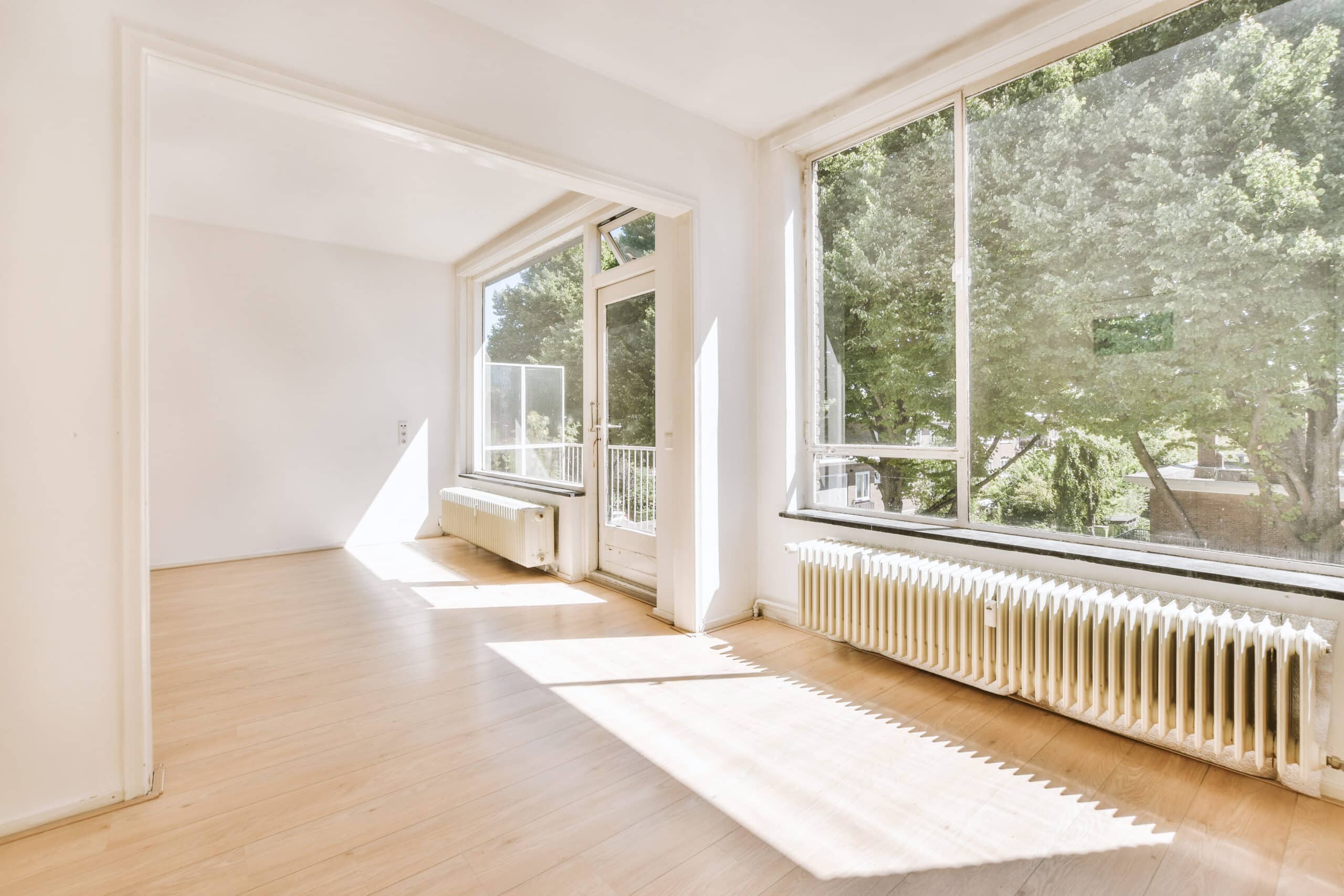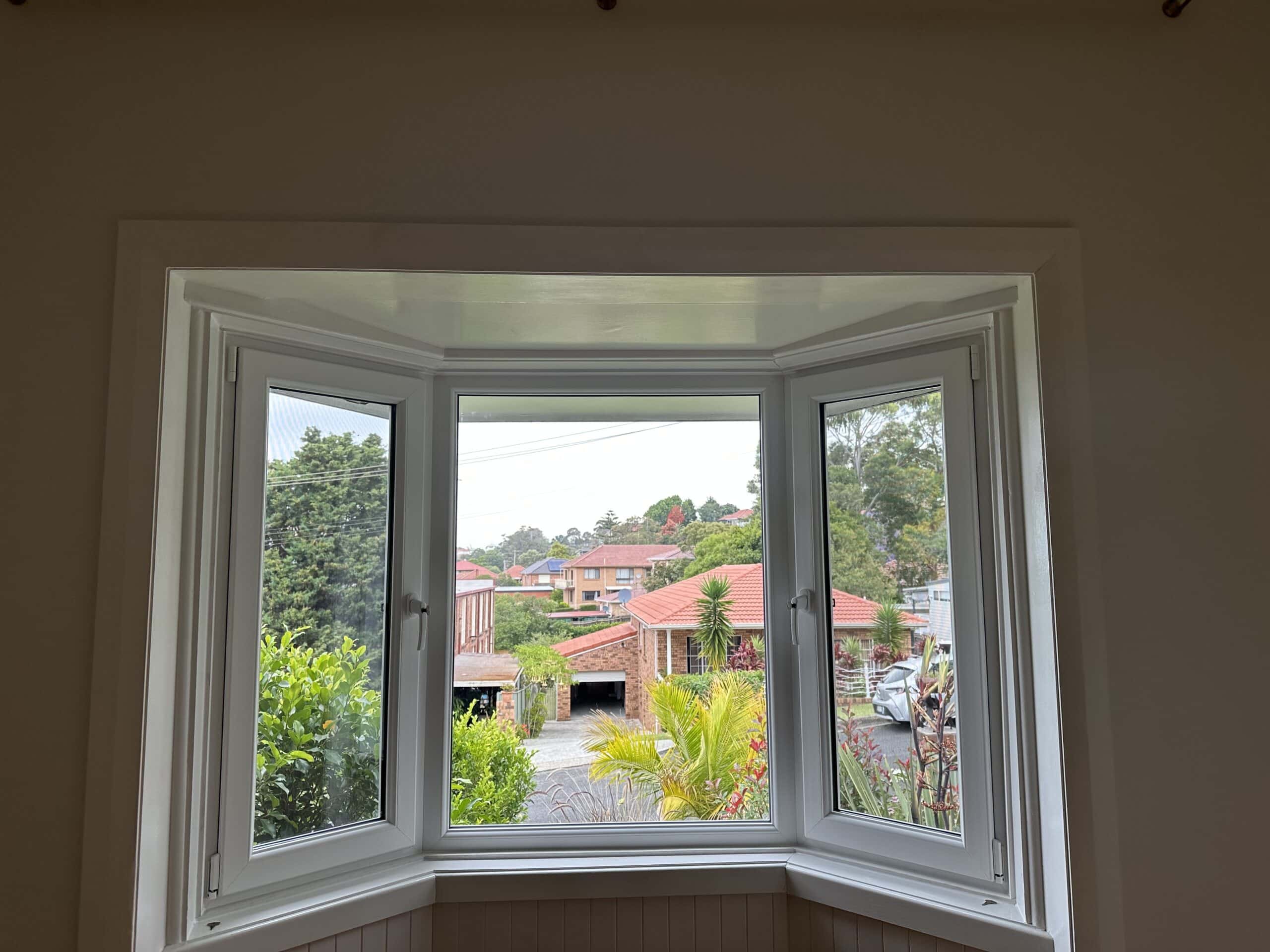Coastal living offers many rewards – ocean views, fresh air, and a relaxing lifestyle. But building or renovating near the sea also comes with a unique set of challenges, especially when it comes to choosing materials that can withstand harsh conditions. High humidity, salty air, strong winds, and intense UV exposure can take a serious toll on traditional window materials.
This is where uPVC windows have emerged as a reliable and increasingly popular choice for modern coastal homes. But are they really up to the task? In this article, we’ll explore the weather resistance, durability, and long-term performance of uPVC in coastal environments, and how it compares to aluminium and timber alternatives.
Why Coastal Homes Need Specialised Window Materials
Unlike inland homes, coastal properties are constantly exposed to:
- Salt-laden air, which causes corrosion
- High winds, especially in storm seasons
- Intense UV radiation, which can fade or degrade finishes
- Humidity and moisture, leading to expansion, rot, or swelling in timber
These conditions mean your window frames and hardware must be:
- Corrosion-resistant
- Low-maintenance
- Weather-sealed
- Structurally stable over time
Traditional materials often struggle with these requirements – especially untreated timber or low-grade aluminium. This is where uPVC (unplasticised polyvinyl chloride) excels.
How uPVC Performs in Harsh Coastal Conditions
uPVC is engineered to be durable, non-corrosive, and low maintenance, making it highly suitable for homes located near the coast.
✅ Corrosion Resistance
Unlike metal frames, uPVC is resistant to salt-induced corrosion. It does not oxidise, rust, or degrade due to moisture, which makes it a great alternative to aluminium in high-salt environments. This is especially important for properties less than 5km from the ocean, where salt exposure is most intense.
✅ UV and Weather Resistance
Modern uPVC window designs are formulated with UV stabilisers, preventing fading, chalking, or brittleness even after years of sun exposure. In contrast, timber can crack and discolour, while powder-coated metals may require more frequent maintenance.
✅ Air-Tight Sealing
Paired with double glazing and weather-sealed window hardware, uPVC windows are effective at keeping out coastal wind gusts, rain, and airborne salt. This leads to a more comfortable indoor environment, reduced noise, and better insulation overall.
Low Maintenance – A Win for Coastal Living
Coastal homes are often used as holiday residences, rentals, or weekend getaways. In these cases, low-maintenance materials are not just nice to have – they’re essential.
With uPVC, you don’t need to worry about:
- Regular sanding, painting, or sealing (as with timber)
- Rust stains or pitting (as with untreated metal)
- Degrading seals or moving parts due to salt exposure
A simple clean with soapy water once or twice a year is typically all that’s needed to keep uPVC frames looking brand new.
Aesthetics Without the Upkeep
One concern some homeowners have is whether uPVC can match the aesthetic of traditional timber or contemporary aluminium frames. The answer: yes.
Forever Green offers a wide range of colour options and surface finishes to suit all architectural styles – whether you want a modern matte look, classic white, or even a woodgrain texture that mimics timber.
You can also select from various window styles including:
- Casement windows
- Tilt & turn windows
- Sliding windows
- Fixed panels for large openings
This flexibility allows you to design a coastal home that’s both aesthetic and resilient.
uPVC vs Aluminium: Which Is Better for the Coast?
While both materials are commonly used in coastal areas, uPVC often wins on long-term durability and thermal performance.
| Feature | uPVC | Aluminium |
|---|---|---|
| Corrosion Resistance | Excellent (salt-proof) | Good (needs marine-grade finish) |
| Thermal Insulation | High | Lower |
| Maintenance Needs | Very Low | Moderate (especially near ocean) |
| Style Options | Many colours + woodgrain options | Sleek, modern metallic finishes |
| Lifespan in Coastal Areas | 30+ years | 15–25 years (with upkeep) |
For homeowners wanting peace of mind, uPVC is often the better all-rounder – combining durability with cost savings over time.
Case Study: Coastal Installations That Last
Many Forever Green clients in NSW and QLD have installed uPVC windows in homes within 2–5 km of the ocean. In these locations, aluminium frames would normally require costly upgrades (e.g. anodising or marine-grade coatings). With uPVC, customers have enjoyed:
- No signs of corrosion
- No fading of colour
- No maintenance headaches
And because the windows offer excellent thermal performance, they also contribute to reduced energy use in both summer and winter.
Combine Coastal Durability with Sustainable Design
Beyond strength and style, uPVC windows also support sustainable building practices. They’re fully recyclable and contribute to lower energy consumption through superior insulation.
If you’re building or renovating in a bushfire-prone area near the coast, ask about BAL-rated uPVC options.
For environmentally conscious homeowners or builders aiming for energy ratings or green certifications, uPVC ticks all the boxes.
Frequently Asked Questions (FAQ)
Are uPVC windows truly resistant to salt air?
Yes. uPVC is non-corrosive, making it ideal for coastal environments. It doesn’t rust or degrade due to salty air.
Will the colour of uPVC windows fade over time near the beach?
Not with modern uPVC profiles. Forever Green uses Deceuninck – a global leader in UV-stabilised uPVC materials.
Do I need special coatings or treatments for uPVC near the ocean?
No. Unlike aluminium, uPVC does not require marine-grade finishes to resist salt or moisture.
What’s the best window style for coastal airflow?
Casement windows are ideal as they can direct breezes into your home and close tightly in storms. Tilt & turn windows are another great option.
How do uPVC windows help with energy savings at the coast?
With tight seals and double glazing, uPVC windows prevent heat gain and loss – reducing your need for air conditioning or heating.
For more answers, visit our FAQs page.
Final Thoughts: Are uPVC Windows Right for Your Coastal Home?
If you live by the sea – or are building your dream beach house – uPVC windows offer an ideal combination of performance, low maintenance, and visual appeal.
They’re built to resist salt, wind, UV, and moisture, while also enhancing the comfort and energy efficiency of your home. With a wide range of colours and styles available, there’s no need to compromise on looks.
Whether you’re upgrading an existing property or starting from scratch, contact the Forever Green team today to explore the perfect window solution for your coastal location.
Or, read more tips and inspiration on our blog.



